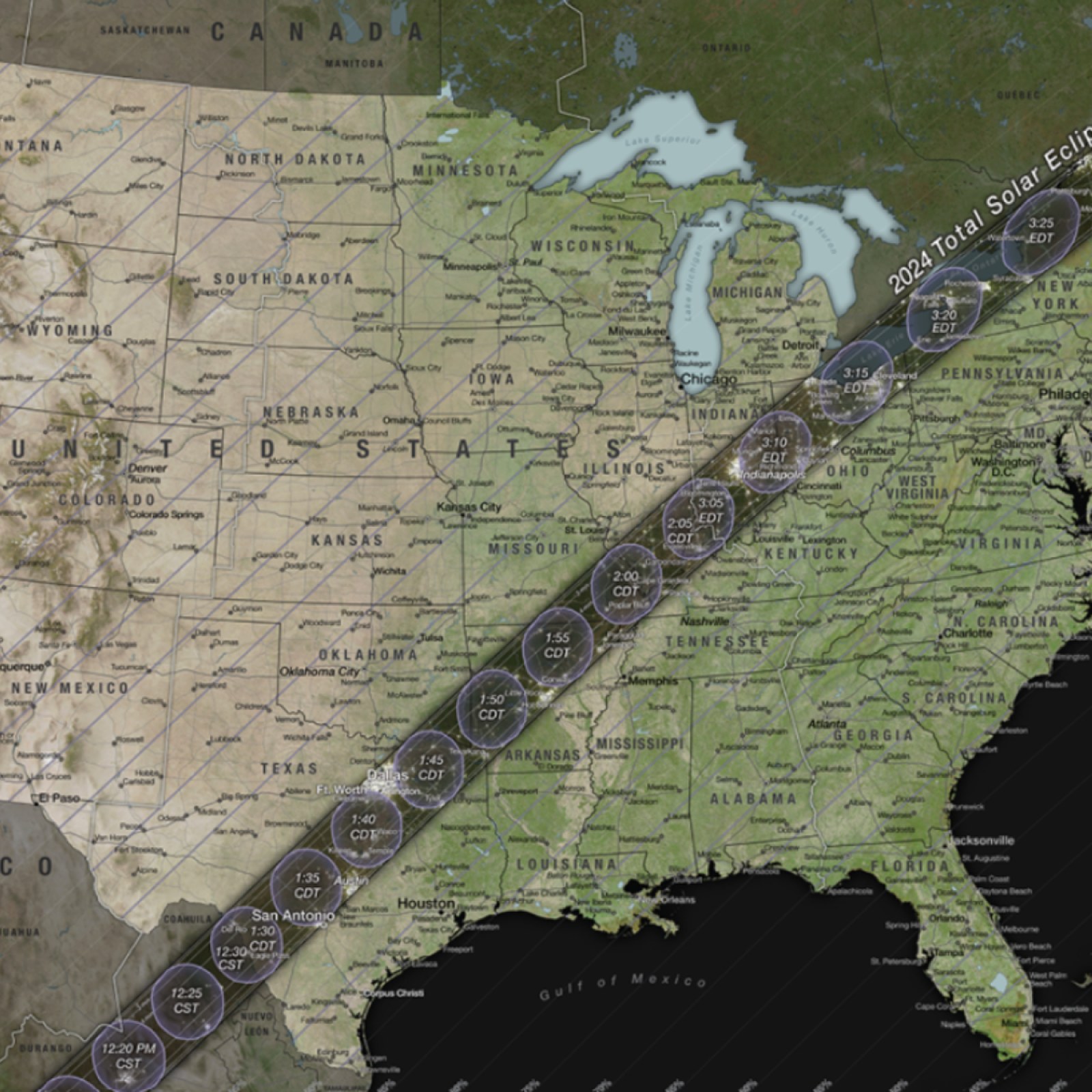Why support for reparations in California should be greater

An August poll by UC Berkeley found that most Californians oppose paying cash reparations to the descendants of the enslaved.
As a supporter of reparations, I found the results disappointing. But not surprising. Most of the state’s 40 million people residents probably don’t know our dark history of enslavement. The poll didn’t provide that context, making it hard for people to feel responsible for something that happened long ago.
I grew up thinking mistakenly there was no slavery in California.
I got that impression in the fourth grade, the time when California students study our state’s history. My 1963 textbook, “California: Story of Our Past,” presented an idealized version of the conquest of California, with Indians delighted to meet the “kind and brave captain,” Juan Cabrillo, the first European to explore the coast. There was no mention of the deliberate killing of Native Americans or how they were forcibly kept at the 21 missions.
Fortunately, students today learn a more nuanced view of California history, including how Native Americans resisted colonization.
But the history of African Americans in California is not widely taught. And that is influencing public policy.
California was admitted to the union in 1850 as a free state, one where slavery was illegal. But slavery was integral to California’s origins, as two new studies, the recently released report by California’s Reparations Task Force as well as “California, A Slave State” by Jean Pfaelzer, illustrate.
As many as 1,500 people were enslaved in California, brought by their Southern enslavers to work in the gold fields. When some miners went bust, they sold off the men they enslaved. A June 17, 1852, notice in the San Francisco Herald advertised a “Negro for Sale” for $300, according to Pfaelzer.
California not only neglected to enforce the state’s slavery ban, it also passed harsh laws curtailing the rights of African Americans. The first governor of the state tried to ban African Americans from settling here. California’s version of the Fugitive Slave Act was more onerous than the national law.
I am a fifth-generation Californian who has written two books on the state’s history, but I didn’t learn about its slave-holding past until I read the task force’s report in June.
The lack of knowledge of the harm government did to Black residents may account for the poll, which shows that 59% of those queried oppose cash payments, even though 60% believe that Black Californians are still affected by the legacy of slavery.
A main reason for the opposition is “it’s unfair to ask today’s taxpayers to pay for wrongs committed in the past.”
But the poll didn’t detail the “wrongs committed in the past,” leaving respondents to rely on information they had already acquired.
One of the important aspects of the task force’s report is its exploration of how harms to Black Californians continued long after the Civil War. Government policies denied African Americans access to homes and loans through redlining, segregated them in substandard schools, and over-policed them.
The task force recommends numerous remedies, not just cash payments, to repair this harm, such as easy access to home loans, free education, and community-based health and cultural centers. None of these options were mentioned in the poll.
In 2019, Gov. Gavin Newsom apologized to Native Americans for the state’s role in nearly obliterating them. It’s time for California to acknowledge the harms it did to its Black residents.
So far, Newsom has been mostly mum on the task force’s recommendations. He may be waiting until January when the Legislature will address the report.
But that is too late. If an important part of repair is shedding light on historical harms, officials must educate voters about California’s dark history. Only then will people realize that reparations are not handouts, but a debt owed for past harms. And without that fundamental realization, support for reparations will remain low.
Frances Dinkelspiel is an award-winning journalist, a fifth-generation Californian, and the author of “Towers of Gold: How One Jewish Immigrant Named Isaias Hellman Created California” and “Tangled Vines: Greed, Murder, Obsession and an Arsonist in the Vineyards of California.”
https://www.eastbaytimes.com/2023/09/23/opinion-why-support-for-reparations-in-california-should-be-greater/ Why support for reparations in California should be greater



